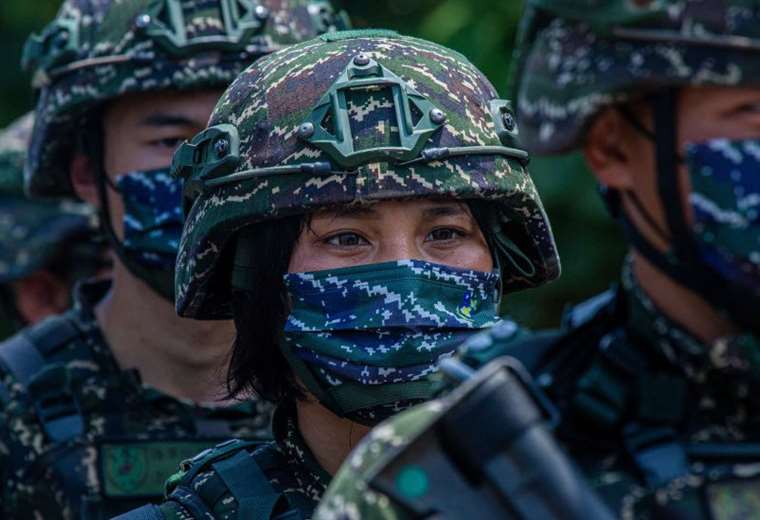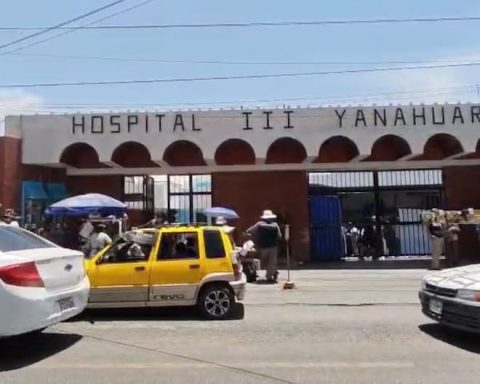August 4, 2022, 18:35 PM
August 4, 2022, 18:35 PM
China is carrying out the largest military exercises in its history off the coast of Taiwan, a country that it considers part of its territory.
The maneuvers, which Beijing launched in response to US Congressional Speaker Nancy Pelosi’s visit to the island, include launches of missiles into the sea and incursions into Taiwanese airspace.
For decades, the tension between China and Taiwan has been growing, so much so that the possibility of an invasion by the powerful Chinese People’s Liberation Army is something that few rule out.
If China invaded Taiwan, it would unleash a asymmetric warfarethat is, a conflict in which one of the parties has a military force far superior to that of its rival.
This is the type of war that we are seeing between Russia and Ukraine, and it has shown us that the imbalance of forces is not always replicated in the results on the ground.
Would it be much different in the case of a Chinese invasion of Taiwan?
Defend yourself like a porcupine
China, which has 1.4 billion inhabitants compared to 24.5 million in Taiwan, has a defense budget 13 times higher that of its neighbor, which it also far exceeds in terms of troops, equipment and weapons.
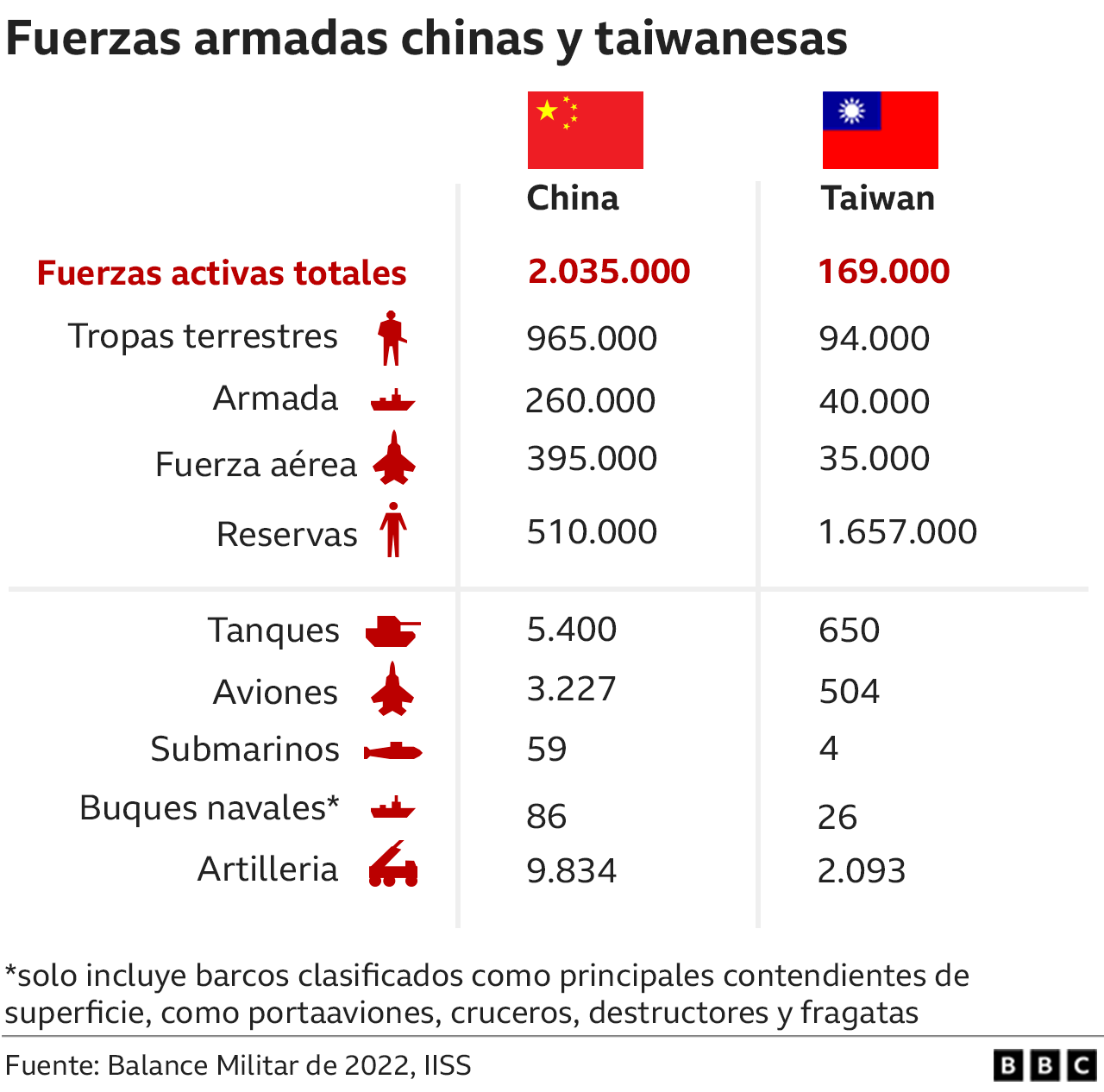
Aware of its disadvantage in an asymmetric war, Taiwan assumes the so-called “porcupine strategy“.
When it feels in danger, the porcupine unfurls its quills to deter stronger predators.
“The pain of stepping on the animal’s quills becomes the main impediment to crushing it,” explains the Taipei Times newspaper in an editorial.
And, if the predator still decides to attack the porcupine, will suffer a painful punishment and will eventually give up.
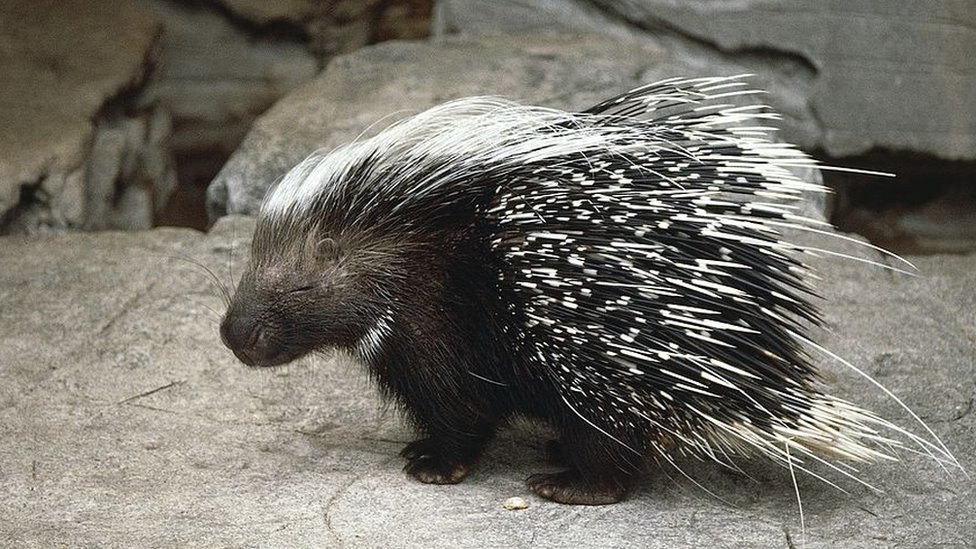
Taipei’s defense strategy is based on these assumptions, corroborated in its 2021 Quadrennial Defense Review.
“Resist the enemy on the opposite shore, attack him at sea, destroy him in the coastal zone and annihilate him at the beachhead”, is what this manual proposes.
To face an asymmetric war, Taiwan does not consider acquiring expensive fighters and submarines a priority, but rather deploying mobile and concealed defensive weaponssuch as anti-aircraft and anti-ship missiles.
Three layers of tines for China
Zeno Leoni, a specialist in international order, defense and China-West relations at Kings College London, analyzed the three layers that make up the Taiwanese porcupine strategy.
“The outer layer it is intelligence and reconnaissance to ensure that the defense forces are fully prepared,” he explained, in a disclosure article on Taiwanese defense doctrine for The Conversation.
For decades, Taiwan has developed a sophisticated early warning system to avoid the surprise effect of a possible hit-and-run attack from China.
Thus, Beijing “would have to start any invasion with an offensive based on medium-range missiles and air strikes to eliminate Taiwan’s radar installations, landing strips and missile batteries.”
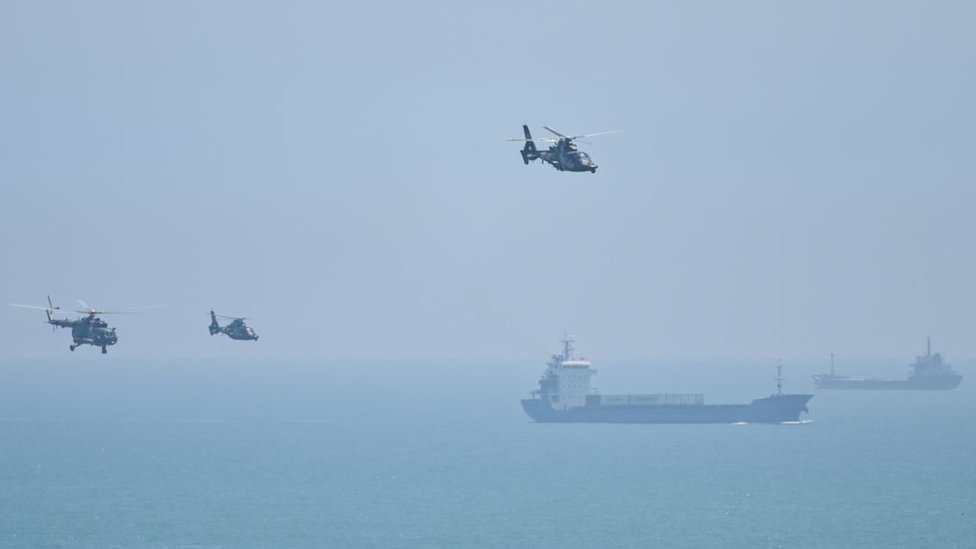
To respond to such an attack, the layer intermediate The porcupine consists of a deployment of naval forces for a guerrilla war in the middle of the sea with the support of combat aircraft supplied by the United States, according to the expert.
Small and agile boats armed with missiles and assisted by helicopters and missile launchers from the ground would try to prevent the Chinese army fleet from reaching Taiwanese territory.
Or, that if it did, it would pay a high price in human and material losses.
“Geography and population are the backbone of the third layer defensive,” explains Leoni.
The complex terrain of Formosa, with rugged mountains, few beaches suitable for landings and much of its territory urbanized, would give the defenders an advantage and could multiply the casualties of the invader.
In addition, despite the fact that the powerful Chinese army is up to 12 times more numerous in troops than Taiwan’s, it has more than one and a half million reservists that they would go into combat if Chinese troops tried to invade the country.
Mobile, versatile and easily concealable weapons would also be crucial in the third layer, as demonstrated in Ukraine with the man-portable Javelin and Stinger missile systems that have been a nightmare for Russian planes and tanks.
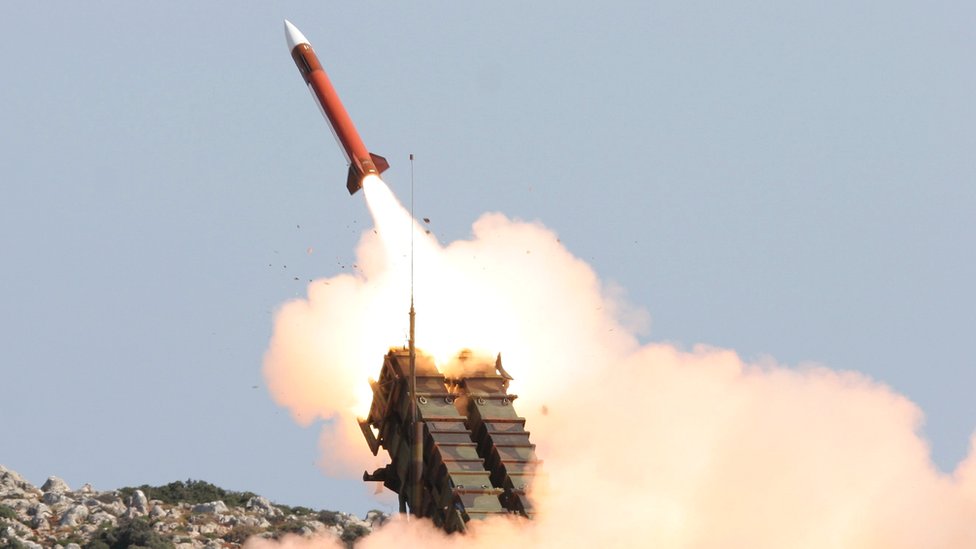
What would America do?
And, if China decides to invade Taiwan, would the United States enter the war? Would you send troops or weapons? Would you undertake other types of actions?
The truth is that we do not know, and the US. he doesn’t want us to know.
As Taipei fine-tunes its porcupine strategy, Washington hangs on to the call “strategic ambiguity” in its relations with China and Taiwan.
This means that the United States intentionally hides its plans of action in the event that China invades Taiwan.
“In some ways, that ambiguity … has allowed us to maintain peace and stability across the Taiwan Strait for several decades and across multiple administrations,” White House national security adviser Jake Sullivan said recently.
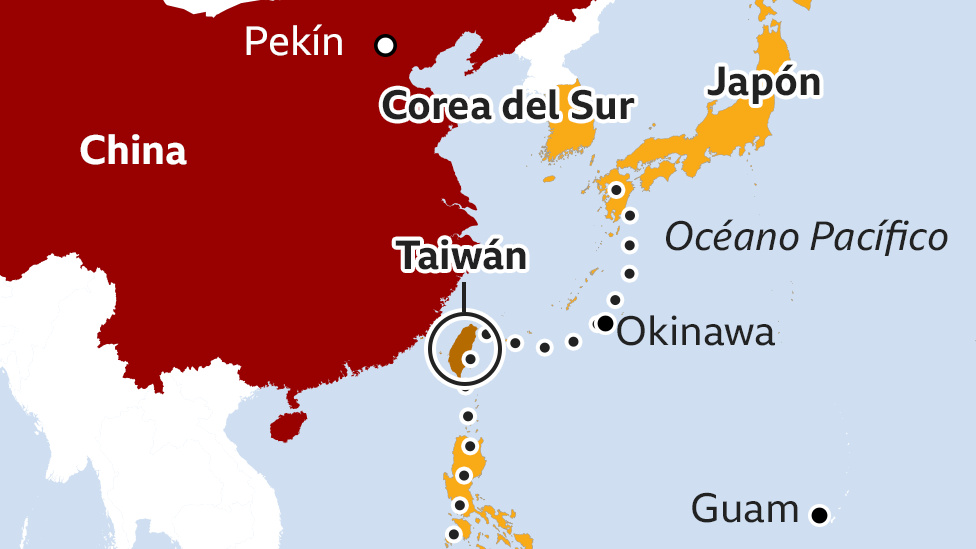
In May, President Joe Biden surprised by stating that his country has the “commitment” to come to the defense of Taiwan, although he later rectified that there are no changes in the “strategic ambiguity”
This stance not only seeks to dissuade China from invading Taiwan, but also dissuade Taipei to proclaim its independence (Beijing has threatened to attack if it does so) as it cannot secure the intervention of the United States.
Some US congressmen have called for changing the country’s stance to one of “strategic clarity” to deter China as it increases its pressure on Taiwan and its military presence in the region.
In any case, few believe that the US would sit idly by in the face of an invasion.
“You never tell your potential opponent what you intend to do. But I suspect that anything that is put in place to deter China in the first place and to thwart an attempt to take over Taiwan would not just be military,” he told the BBC. NATO strategy analyst Chris Parry.
“It would be something multidimensional that would include commercial, financial and informative approaches,” he pointed out.
“We have lived like this for 70 years”
China’s show of military muscle is disrupting routine in Taiwan, where the mood is one of outrage rather than panic.
Shipping and airlines have suffered major disruption, with ships moored in port and flights canceled after Beijing restrict access to areas around of the island for your maneuvers.
Remember that you can receive notifications from BBC News Mundo. Download the new version of our app and activate it so you don’t miss out on our best content.
